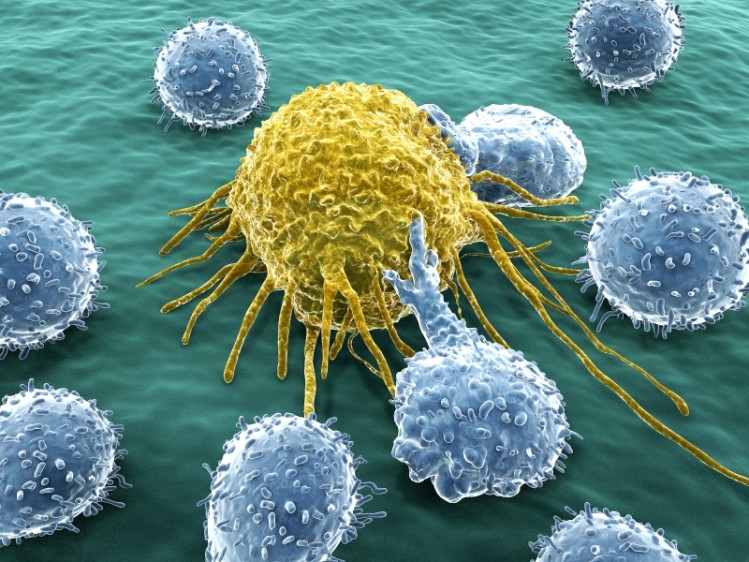New data supports EpiCor’s anti-inflammatory potential

Data using human skin samples indicated that the yeast fermentate may resolve inflammatory responses, and is a good model to show how the immune health ingredient may work in the gut after ingestion.
Scientists from NIS Labs in Oregon and Embria Health Sciences report their findings in the Journal of Medicinal Food.
“This human clinical trial can be thought of as a model using the outer epidermis (skin) to simulate how an oral dose of EpiCor might interact with the gut epithelium,” explained Stuart Reeves, PhD, co-author of the study and Director of Research and Development at Embria Health Sciences, about the in vivo part of the study. “The positive results are very promising, and complement the earlier published in vitro work showing gut health benefits.”
History
EpiCor and Embria were born out of observations that the culture could have other uses following farmers' reports that their animals were not getting sick.
Moreover, in 2004 insurance adjusters noticed that Diamond V, Embria's parent company, employees had far lower sick rates than other workplaces. The company thought the culture could be boosting the immune systems of workers who handled it.
Despite being technically ‘grandfathered in’ as a dietary ingredient safe for use in supplements under the 1994 Dietary Supplements Health and Education Act, the company submitted EpiCor to the new dietary ingredient (NDI) process, and received the green light from the Food and Drug Administration (FDA) in 2011. EpiCor received self-affirmed GRAS (generally recognized as safe) status in May 2006.
Study details
Led by Dr Gitte Jensen, the researchers investigated the effects of the yeast fermentate in both cell-based bioassays with human polymorphonuclear (PMN) cells and using a skin irritation model in healthy humans. Exposure to EpiCor reduced the formation of reactive oxygen species in the PMN cells, as well as migratory activity toward the inflammatory mediator leukotriene B4.
“The resolution of acute inflammation is necessary for inflamed tissues to return to homeostasis,” explained the researchers. “PMN cells are a major player in the process of orchestrating a rapid inflammatory response. Interestingly, these same cells are responsible for the resolution of inflammation through the production of lipid mediators such as lipoxins, resolvins, protectins, and maresins.
“The in vitro data presented here regarding the reduced inflammatory responses by PMN cells in the presence of the dried fermentate may relate to either the induction phase or the resolution phase, or a combination of both.”
The in vivo data using the human skin samples confirmed this resolution of inflammatory responses.
“As several [reactive oxygen species] species play roles in cell signaling, it is likely that the dried fermentate is capable of reducing the background noise of chronic inflammation, thereby increasing the capacity for maintaining balanced immune responses. Based on these studies, this product has the potential to act as an immune modulator while at the same time helping to reduce gastrointestinal and, possibly, systemic inflammation.”
The study was funded by Embria Health Sciences.
Source: Journal of Medicinal Food
Printed online ahead of print, doi:10.1089/jmf.2013.0158
“Anti-Inflammatory Properties of a Dried Fermentate In Vitro and In Vivo”
Authors: G.S. Jensen, S.G. Carter, S.G. Reeves, L.E. Robinson, K.F. Benson
















